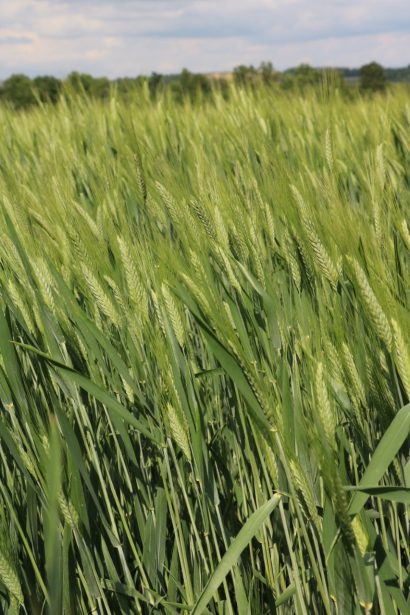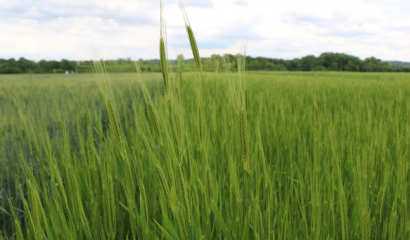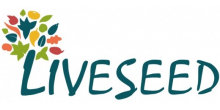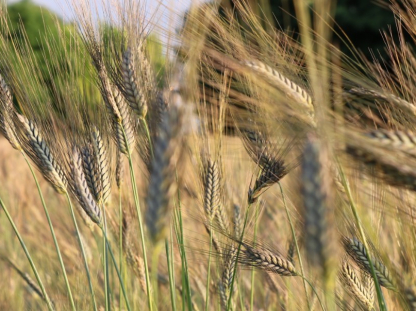The evaluation of heterogeneous populations of durum wheat (Triticum durum) and various ancient grain varieties, including einkorn, emmer and spelt (Triticum monococcum, Triticum diococcon, Triticum spelta) in open-field cultivation, the establishment of a participatory selective breeding program, and product development. Ancient grains can be successfully grown in unfavorable areas, or under very adverse conditions. Their heterogenous varieties will become increasingly valuable in the future, due to their high level of adaptability. Compared to common wheat, ancient grains have different nutritional indicators, and often contain different proteins. They thus offer important marketing opportunities when selling to consumers who are health and environmentally conscious, and to lovers of gastronomy. Both unique ancient-grain cereals and the products made from them can provide growers with an important additional source of income.The evaluation of ancient grain varieties
Setting up on-farm and small-plot species and variety tests with 4-8 producers, and at the ÖMKi experimental area. As part of our annual planning and field days, we discuss and share results with key figures in the supply chain.Activities

Expected results






_(3).jpg)
.jpg)





